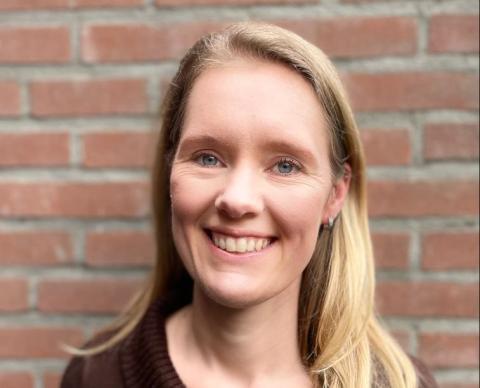Data science helps to organize care for severe psychiatric patients more efficiently
People with severe psychiatric conditions, such as psychoses, often have a multitude of psychological and social problems. The complexity makes the care for these patients difficult to design, especially in combination with long waiting lists and the shortages of care personnel in mental healthcare. Routine Outcome Monitoring (ROM) provides healthcare professionals with insights into the progress and needs of psychiatric patients over several years. This allows for better and more efficiently organized healthcare. On a larger scale this data, combined with information about the actual use of healthcare, could lead to a more transparent and demand-oriented healthcare system.
This is evident from doctoral research by Sascha Kwakernaak (Tilburg University, Tranzo) into the use of Routine Outcome Monitoring (ROM). ROM systemically measures progress during treatment over the years. ROM has been used in mental healthcare for many years. Between 2017 and 2019, all mental healthcare providers were even obliged to provide ROM data to the Mental Healthcare Benchmark Foundation (SBG in Dutch). A - controversial - measure with which this foundation compared healthcare providers to monitor the quality of healthcare and to support insurers in the purchase of healthcare.
Customized care
The research shows that the ROM data at an individual level, at the level of the healthcare authorities and at the macro level of the healthcare system, provides insights to improve mental healthcare. The data helps, for example, to determine the treatment focus and to tailor care based on the needs of the individual patient. For example in the fields of care, work, daytime activities and social contact. In combination with information about healthcare use, ROM data - thanks to the use of machine learning techniques - can be used to predict increasingly better, how future healthcare demand will develop.
Care on demand
When ROM data is used effectively, care can be better tailored to the needs of the patient and is more cost-effective. It is essential, however, that mental healthcare organizations are consistent in the use of ROM in the consultation room and have a clear and transparent policy with regard to ROM for internal benchmarking. Finally, ROM can contribute to the transition from supply-oriented to demand-oriented mental healthcare.

Sascha Kwakernaak (1987) studied Clinical and Health Psychology at Utrecht University. After graduating, she worked for 9 years as a research assistant and psychologist at a large mental healthcare institution. She has been working as a psychologist at PsyMens since November 1, 2018.
Note for the press
Sascha Kwakernaak defends her thesis Routine outcome monitoring to improve mental healthcare practice for patients with severe mental illness; insights from a micro, meso and macro perspective on Friday, April 30, 2021 at 1:30 PM in the auditorium of Tilburg University. The promotion can be followed via live stream. Supervisors: Prof. Richard Janssen (Tranzo) and Prof. Wiepke Cahn (UMC Utrecht).
More information via s.kwakernaak@psymens.nl. A digital copy of the dissertation is available via persvoorlichters@tilburguniversity.edu
